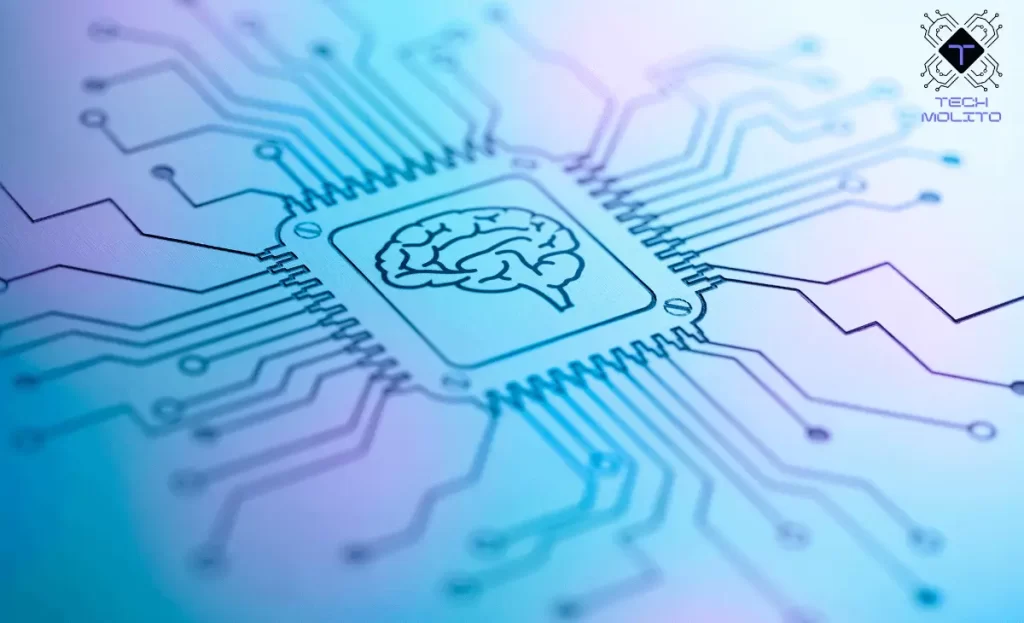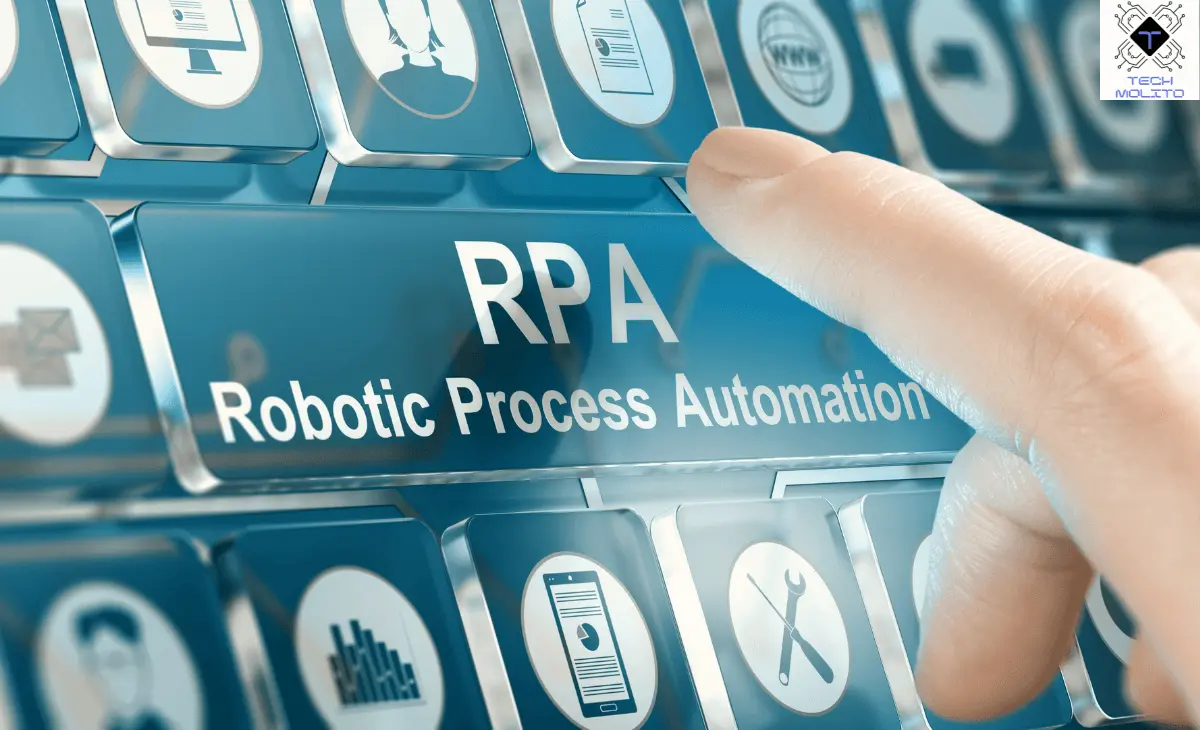You’ve probably heard a lot about Artificial Intelligence (AI) recently. From smart assistants like Siri and Alexa to the systems that recommend your next favorite show, AI is changing our lives. But what does it actually do? In this post, we’ll explore AI’s role and how it affects different industries and our daily activities.
Confusion About AI
Many people find AI confusing. With so much talk about machine learning and automation, it’s hard to understand what AI really is and how it works. This confusion can make it difficult to see the benefits AI can offer.
Missed Opportunities
If you don’t understand Artificial Intelligence, you might miss out on its advantages. Businesses may fall behind those that use AI to work more efficiently. Individuals might overlook how AI can make everyday tasks easier. Not knowing what AI can do can leave you feeling lost in a fast-paced world.
A Clear Explanation of AI
Let’s break down what AI is and highlight its various uses. AI refers to systems or machines that mimic human intelligence to perform tasks. These systems can learn from the information they gather. This technology isn’t just futuristic; it’s actively changing industries today.

What Can AI Do?
AI works in key ways. It can study large sets of data much faster than people, spotting trends and patterns that might go unseen. This gives businesses helpful ideas to make better choices. AI can also take care of tasks that repeat, boosting how fast things get done. For example, chatbots can answer customer questions without human help.
Another important use of AI is making things personal. It makes user experiences better by giving tailored suggestions. Streaming apps and online shops use AI to suggest content or goods based on what users like.
AI also helps in understanding human language. This is called natural language processing (NLP), which allows machines to respond to spoken or written words. NLP supports translation tools and virtual helpers, making it easier to talk with machines.
AI’s skill in reading visual data is another key part. Through computer vision, AI systems handle tasks like facial matching and medical scans, helping them study pictures and videos with speed and care.
How Is AI Used Across Industries?
AI is changing industries in big ways. In healthcare, it improves care by spotting risks early. AI studies patient records to suggest steps before issues grow. In finance, it finds fraud by checking transaction patterns and handles loan requests quickly, making services faster and safer.
AI is also reshaping transport. Self-driving cars use AI to learn their surroundings and make smart driving choices. In cities, AI helps with traffic control and cuts jams. In retail, online stores use AI to manage stock and tailor shopping.
AI suggests products based on past choices, leading to happier shoppers. In manufacturing, AI keeps things running by predicting when machines need fixing. This helps avoid breakdowns and ensures smooth work.
Benefits of AI
AI brings major gains to many areas. It saves time by handling tasks that repeat, letting workers focus on key jobs. AI also helps firms make smarter choices by using data to guide them. User experiences get better through quick answers and custom recommendations.
Businesses cut costs by streamlining work and making things more efficient. With AI handling various jobs, companies can offer better service while saving both time and money.
The Future of AI
Looking ahead, AI’s role will continue to grow. As technology advances, we can expect AI to become more integrated into our lives, from smart homes to personalized education. The key is to recognize that AI is a tool designed to enhance our abilities rather than replace them.
FAQs
1. Is AI dangerous?
AI can pose risks if not managed properly. Concerns include job loss and data privacy issues. However, when used responsibly, AI can provide many benefits.
2. How does AI learn?
AI learns through algorithms that process data. Machine learning, a part of AI, allows systems to learn from data patterns without being explicitly programmed.
3. Can AI replace humans?
While AI can automate many tasks, it isn’t a replacement for human creativity, empathy, and critical thinking. Instead, it enhances human capabilities.
Conclusion
Artificial Intelligence is more than just a trend; it’s a powerful force across industries. By understanding what AI can do, you can better appreciate its role in your life and the world around you. Whether you’re a business owner looking to innovate or someone curious about technology, embracing AI can unlock new opportunities.
In summary, AI is reshaping our world, making tasks easier and more efficient. By staying informed and adapting to these changes, we can all harness the power of AI to improve our lives and work. So, dive in, explore, and see how AI can make a difference for you!





